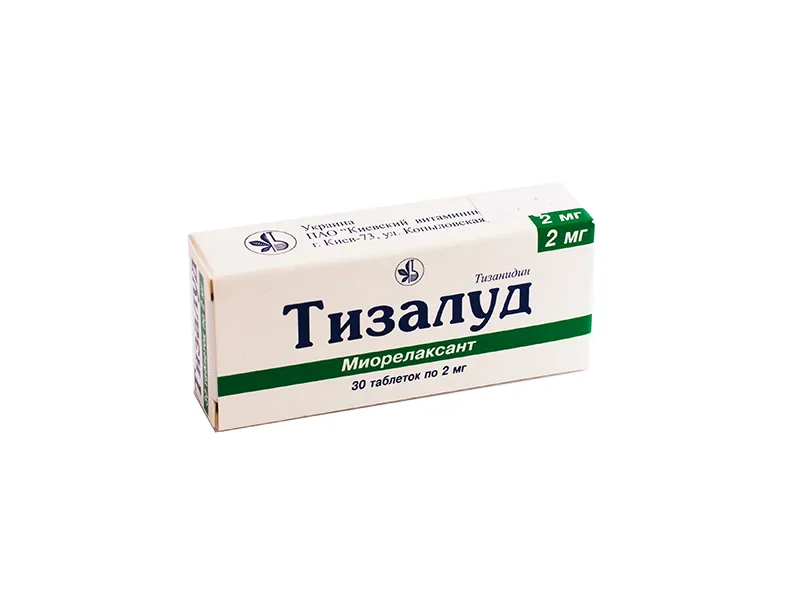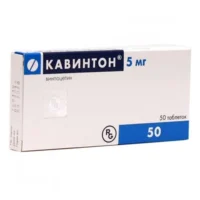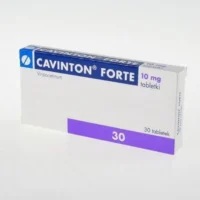Description
Tizalud (Tizanidine) Tablets 2 mg. №30
Ingredients:
Each tablet contains 2 mg of tizanidine as the active ingredient.
Dosage:
The usual starting dose is 2 mg once daily. Dosage may be gradually increased by 2-4 mg at a time, with a maximum of 36 mg daily.
Indications:
Tizalud tablets are indicated for the management of spasticity associated with conditions such as multiple sclerosis and spinal cord injury.
Contraindications:
Do not use Tizalud if you are allergic to tizanidine or if you are taking fluvoxamine.
Directions:
Take Tizalud exactly as prescribed by your healthcare provider. Do not exceed the recommended dosage.
Scientific Evidence:
Tizanidine, the active ingredient in Tizalud tablets, acts as a centrally acting alpha-2 adrenergic agonist, which helps to reduce spasticity by inhibiting excitatory neurotransmitters’ release. Clinical studies have shown that tizanidine is effective in reducing muscle tone and spasms associated with spasticity.
Research published in the Journal of Neurology, Neurosurgery, and Psychiatry demonstrated the efficacy of tizanidine in improving muscle tone and function in patients with multiple sclerosis. The study highlighted the significant reduction in spasticity scores and improved quality of life in the tizanidine group compared to placebo.
Additional Information:
- Tizalud tablets may cause drowsiness and dizziness. Avoid driving or operating machinery until you know how this medication affects you.
- Consult your doctor before taking Tizalud if you have liver or kidney disease.





